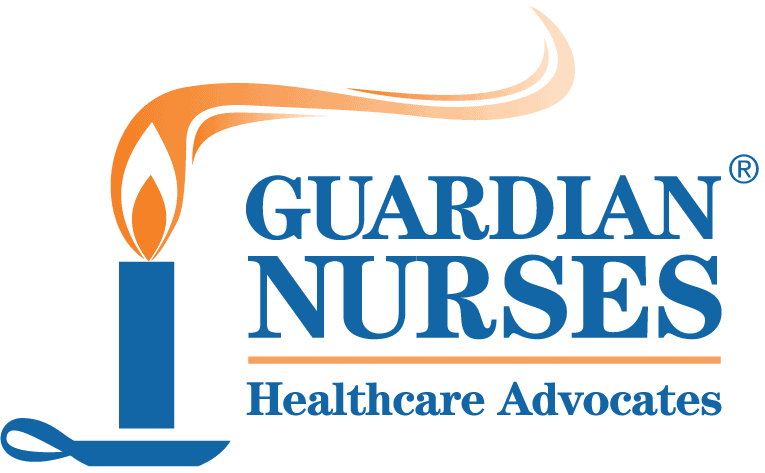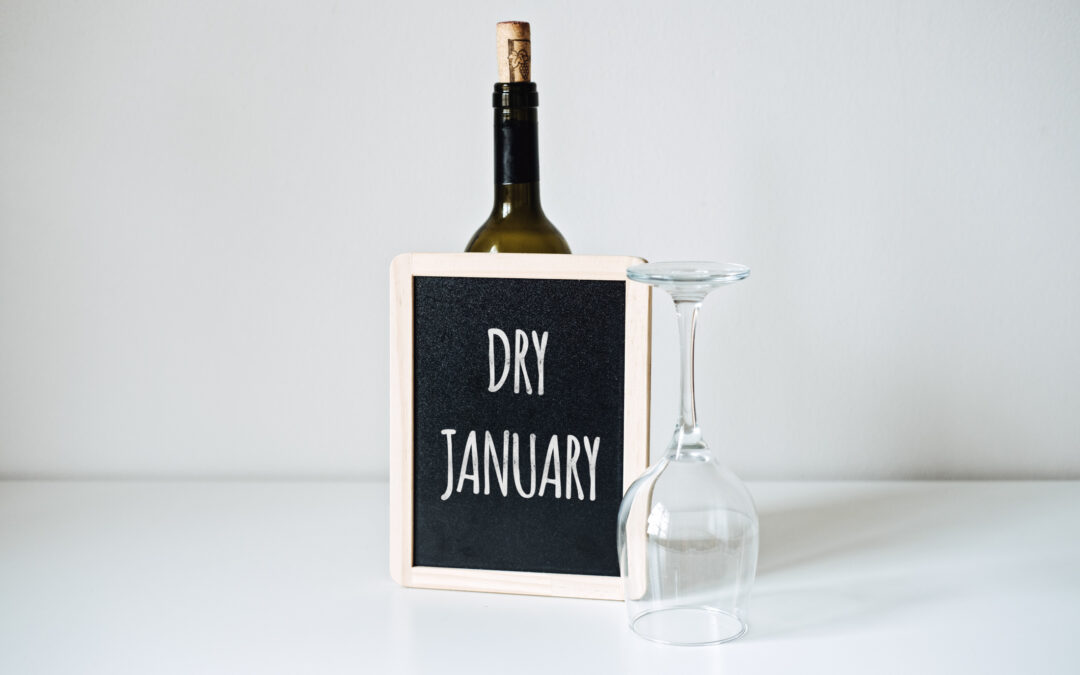Happy New Year!!! I’m not sure if it is a good sign or a bad sign that the first time I heard about “Dry January” was one week ago!
Apparently, Dry January began in 2012 as an initiative by Alcohol Change UK, a British non-profit, to ‘ditch the hangover, reduce the waistline and save some money by giving up alcohol for 31 days.”
Now, millions of people take part in the challenge, as they start the new year focusing on their health after (perhaps) weeks of drinking and overeating. Last year, about 41% of the adults surveyed by Civic Science, a worldwide opinion research company, admitted that they intended to take part in Dry January though only 16% actually managed to abstain all month.
— Betty Long, RN, MHA, President/CEO, Guardian Nurses Health Advocates
Let’s Talk About Dry January
If you’re wondering why you should face the world without a sip of wine, beer or spirits for a month — especially during the coldest, darkest, dreariest time of the year — there are some compelling health reasons to do it. Especially for women. Biological sex differences mean women’s bodies absorb more alcohol than men’s and take longer to break it down.
The Centers for Disease Control and Prevention (CDC) warns that alcohol increases the risk of cancer of the mouth, throat, esophagus, liver, colon, and breast among women. Women who drink are also more vulnerable to brain and heart damage than men. Their risk of cirrhosis and other alcohol-related liver diseases is higher than for men.
Drinking is such a big factor that the CDC has identified limited alcohol intake as one of its four “totally doable New Year’s resolutions” that will reduce the risk breast cancer.
Benefits of Giving Up Alcohol for a Month
Even a brief break can make a difference. Regular drinkers who abstained from alcohol for just one month were found to have a “rapid decrease” in certain chemical messengers in the blood that are associated with cancer progression. These drinkers also saw improvements in their insulin resistance, weight and blood pressure.
While a 30-day abstinence from alcohol won’t erase the damage that years of heavy drinking can do, heavy drinkers who take a break might also notice they have less heartburn and reflux, feel less irritable and anxious, and have fewer headaches.
Tips for Staying Motivated
As with a diet that deprives you of all treats, Dry January doesn’t have to be all or nothing. One of my friends is calling her January a ‘damp January.’ Another friend is giving up alcohol for one week out of the month. The goal is to consciously drink less even if you don’t give up alcohol altogether.
- Find a substitute to drink. Fill your wine glass with water that’s infused with fruit or flavored sparkling water. For me, I’m trying ginger beer.
- Cultivate a new way to cope in social settings. Delay and distract, or walk out of the room and do some breathing exercises—maybe you won’t need the drink anymore. Remember, it’s easier than ever to socialize without booze. The ‘sober curious’ trend has prompted alcohol-free bars and events to pop up across the U.S. Companies are also offering more non-alcoholic beverages.
- Create a strong support network. Let friends and loved ones encourage you, keep you accountable and perhaps do the challenge with you.
- Write about it. Try journaling during your dry month to help you see patterns. When did you have the strongest urges to drink? When did you miss it most? If you vow to make it through a month booze-free and still end up having a drink at a party or with dinner, don’t feel like you’re a failure and don’t get too down on yourself. But if you’ve noticed you’re drinking more frequently or the amount is increasing over time, think about exploring that. Maybe try another ‘dry’ month?
- If you’re not sure that Dry January is right for you, how ’bout trying Damp January? Damp January means decreasing your alcohol intake without completely abstaining. You can either alternate between non-alcoholic or alcoholic beverages, reducing the number of drinks, and/or drinking low-alcohol options. Many people find this model more sustainable in the long run, which leads to healthier drinking habits past January.
If you’re actively abstaining during this January, congratulations. If you’re curious to try or late to the game, like me, it’s not too late to start. Maybe think about tackling February in your own non-alcoholic way. Beyond the immediate health benefits, a dry month may help you break bad habits, reflect on the role that alcohol plays in your life–and give you an opportunity to make healthier choices long after this month ends.

